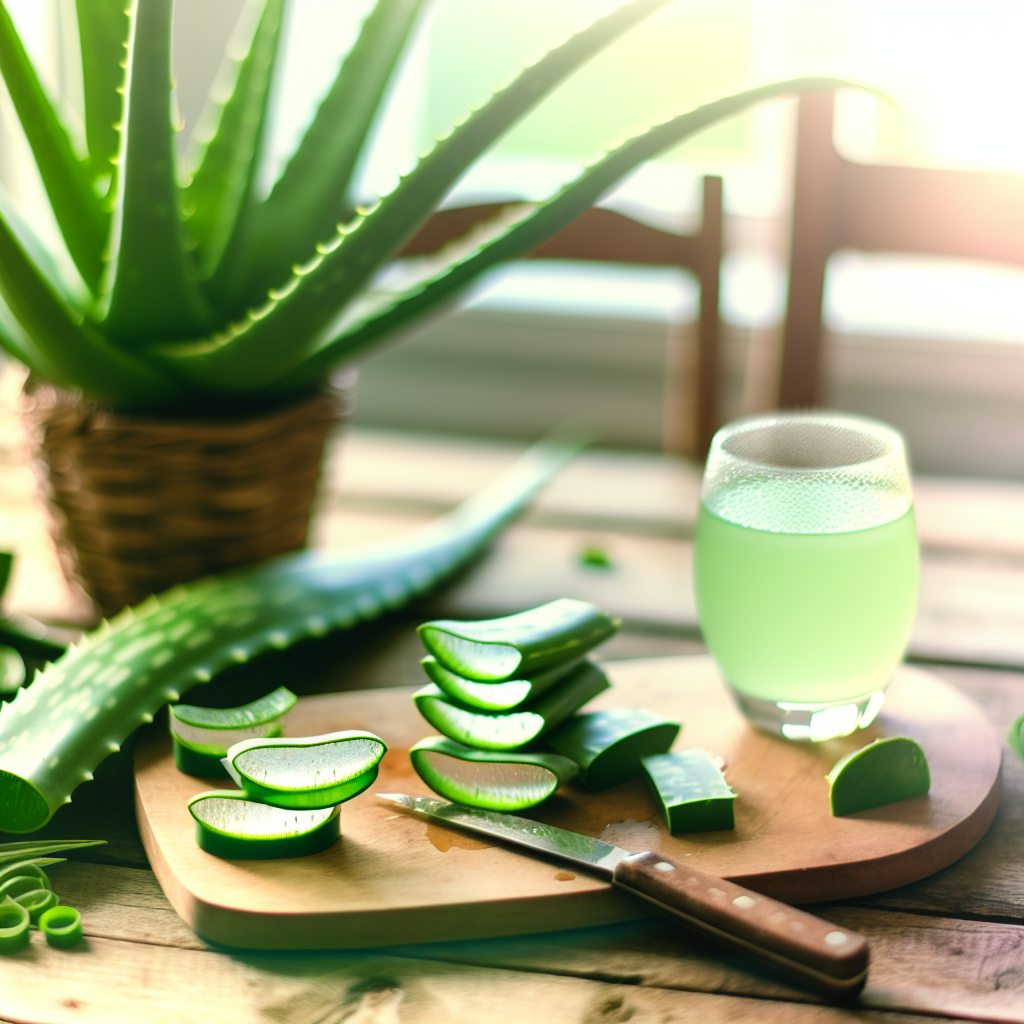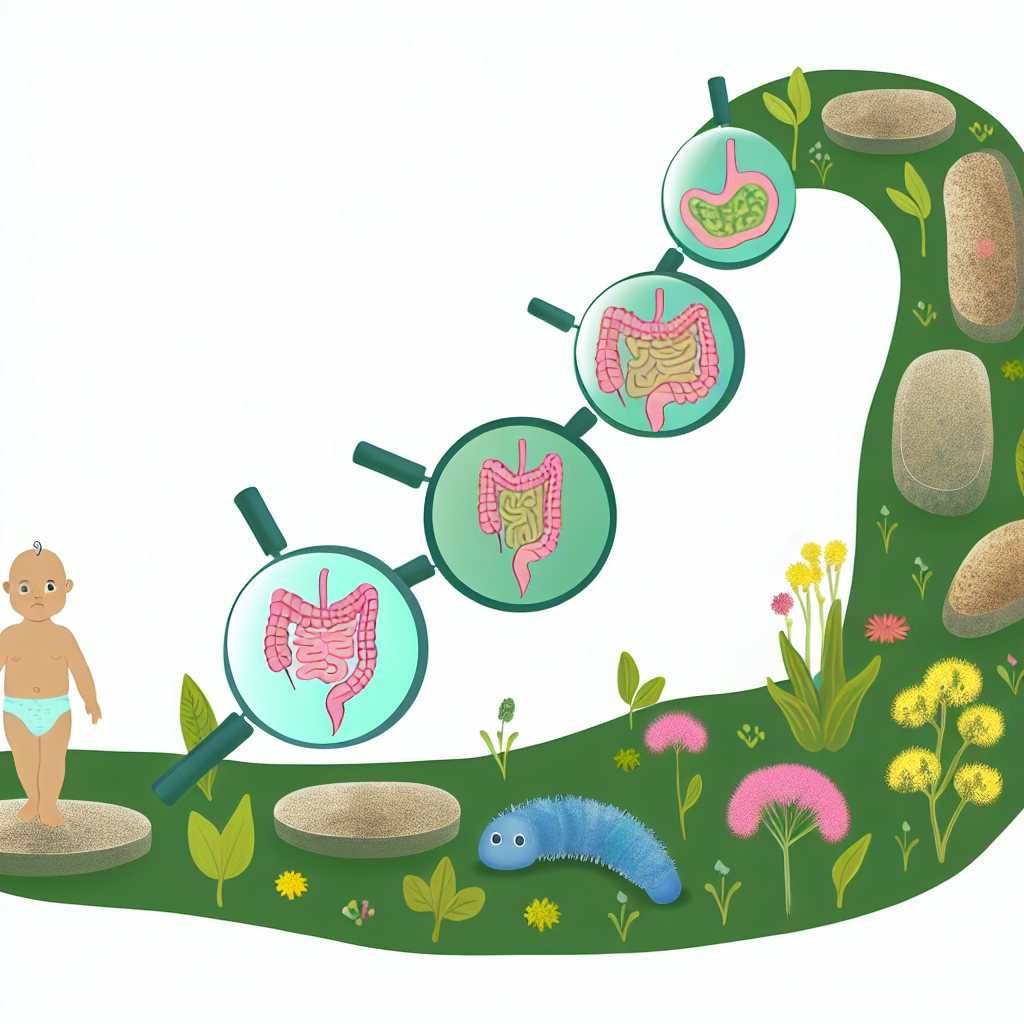SIBO Natural Treatment: Herbs and Diet That Eliminate Overgrowth
Introduction: A Natural Solution to a Growing Digestive Epidemic
Small Intestinal Bacterial Overgrowth, commonly known as SIBO, is a condition that has garnered increasing attention over the past decade due to its rising incidence and its direct impact on digestive health. SIBO occurs when there is an excessive proliferation of bacteria in the small intestine — a place where relatively few bacteria should reside. Unlike the colon, which naturally houses trillions of bacteria, the small intestine requires a fine balance to function properly. This imbalance in microbial populations can lead to a range of debilitating symptoms, including bloating, gas, diarrhea, constipation, abdominal pain, and nutrient malabsorption.
The conventional approach to treating SIBO often involves courses of antibiotics like rifaximin. While effective for many, pharmaceutical treatments are not ideal for everyone. Overuse of antibiotics can disrupt the gut’s natural microbiota, contributing to recurrence and resistance. Moreover, patients with chronic or recurrent SIBO often seek alternative approaches that support the healing of the gut lining, promote the growth of beneficial bacteria, and address the root cause of the overgrowth in a sustainable manner.
Natural therapies for SIBO are gaining traction for good reason. Herbs and dietary modifications can offer a gentle yet effective route towards restoring balance in the gut microbiome. Patients are turning toward herbal antimicrobials, low-fermentation diets, and gut-repairing botanicals to treat not just the symptoms, but also the underlying dysfunction in gut motility and microbial overgrowth.
In this article, we’ll explore natural treatments for SIBO focusing on two main pillars: herbal antimicrobials and therapeutic dietary strategies. You’ll learn how certain herbs such as oregano oil, berberine, and neem can target bacterial overgrowth, while diets like the Specific Carbohydrate Diet (SCD) and low-FODMAP plan can starve out problematic bacteria. Backed by emerging studies and a shift toward integrative gut healing protocols, these natural remedies offer individuals a promising alternative to traditional antibiotics — helping not only to eliminate overgrowth but also repair the gut’s delicate ecosystem gracefully and sustainably.
Clinical Evidence: What Studies Say About Natural SIBO Treatments
As scientific interest in the gut microbiome expands, researchers have been increasingly evaluating the efficacy of non-pharmaceutical SIBO treatments. Several medical studies have highlighted the powerful role of herbal antimicrobials and dietary interventions in reducing the bacterial load in the small intestine.
A pivotal study published in the journal Global Advances in Health and Medicine in 2014 assessed the efficacy of herbal therapies compared to rifaximin in treating SIBO. The study found that herbal antimicrobials were at least as effective as rifaximin in normalizing the lactulose breath test results used to diagnose SIBO. The research, which evaluated botanicals such as oregano oil, berberine extract, and garlic, demonstrated a herbal therapy success rate of 46%, closely rivaling the 34% success rate seen with rifaximin. Furthermore, patients reporting adverse side effects were fewer in the herbal group compared to the antibiotic group, suggesting a gentler treatment profile for plant-based remedies.
Oregano oil, in particular, exhibits potent antimicrobial properties owing to its high content of carvacrol and thymol. A 2001 study published in Phytomedicine validated its effects against various gram-positive and gram-negative bacteria.
Similarly, berberine, an alkaloid extracted from plants like goldenseal and barberry, boasts a broad spectrum of antibacterial action. A 2005 study in the Journal of Ethnopharmacology highlighted berberine’s efficacy in inhibiting bacterial DNA replication, offering a science-backed alternative for addressing SIBO-related dysbiosis.
Dietary approaches also hold considerable merit in SIBO management. The low-FODMAP diet, originally developed for irritable bowel syndrome (IBS), has shown benefit in SIBO cases, given its foundation in removing fermentable short-chain carbohydrates that fuel bacterial growth. A randomized controlled trial published in the journal Gastroenterology in 2014 confirmed the low-FODMAP diet’s ability to significantly reduce abdominal symptoms compared to a traditional IBS diet.
Another dietary protocol, the Specific Carbohydrate Diet (SCD), focuses on eliminating disaccharides and polysaccharides which are more likely to cause fermentation and bacterial overgrowth in compromised guts. A 2010 review in the journal Nutrition in Clinical Practice suggests that tailored carbohydrate restriction can starve bacterial populations while reducing inflammation and enhancing digestive repair.
These studies underscore a growing recognition within the scientific and medical communities that natural compounds and dietetic interventions can achieve clinically significant results in SIBO treatment. As interest in integrative gut care deepens, such methods are poised to become first-line recommendations for those seeking holistic, sustainable healing.
Top Herbal Antimicrobials for SIBO: Nature’s Pharmacy
If you’re exploring natural solutions for SIBO, here’s a look at some of the most well-researched and commonly used herbal antimicrobials:
– Oregano Oil – Contains carvacrol and thymol, compounds with strong antibacterial and antifungal properties. Excellent against both aerobic and anaerobic bacteria.
– Berberine – Found in herbs like goldenseal and barberry, berberine disrupts bacterial DNA and supports healthy digestion.
– Neem – An anti-inflammatory and antibacterial powerhouse often used in traditional Ayurvedic medicine.
– Garlic Extract (Allicin) – Targets bacteria, yeast, and parasites with minimal disruption to good flora.
– Thyme and Pau d’Arco – Support detoxification and gut repair while eliminating pathogenic microbes.
These herbs are typically taken in capsule or tincture form, often combined together in antimicrobial protocols for 4–8 weeks under the guidance of a knowledgeable practitioner.
Healing With Food: SIBO-Friendly Diets That Starve Bacteria
Food plays a critical role in either feeding or fighting bacterial overgrowth. That’s why therapeutic diets are foundational in natural SIBO treatment protocols.
### Low-FODMAP Diet
This diet significantly reduces fermentable carbs that fuel problem bacteria. It involves avoiding:
– Onions and garlic
– Legumes
– Wheat and rye
– Certain fruits like apples and pears
– Dairy products made with lactose
While not intended for long-term use, it can dramatically reduce bloating, abdominal pain, and irregular bowel habits during SIBO treatment.
### Specific Carbohydrate Diet (SCD)
This grain-free, sugar-free diet eliminates complex carbohydrates that are poorly absorbed and ferment in the small intestine. It allows:
– Fresh fruits and vegetables (cooked or peeled, early on)
– Honey as the only sweetener
– Nuts and seeds
– Meat and fish
It’s particularly beneficial for those with concurrent IBS, Crohn’s disease, or celiac-like symptoms.
### Elemental Diet
This doctor-supervised approach provides pre-digested nutrients in a liquid formula that starves bacteria while providing nutrition to the patient. Some studies show up to an 85% eradication rate of SIBO using this method.
Conclusion: Embracing an Integrative Approach to SIBO Healing
SIBO is a complex gastrointestinal disorder that demands a multifaceted approach to treatment. While antibiotics may offer temporary relief, the recurrence rate and potential long-term impact on the gut microbiome make natural alternatives very appealing.
Herbal antimicrobials like oregano oil, berberine, garlic, and neem represent powerful tools for eradicating bacterial overgrowth without harming beneficial flora. Coupled with evidence-based diets such as low-FODMAP and Specific Carbohydrate Diet, these strategies can minimize symptoms and promote healing from the inside out.
As ongoing research continues to validate these natural therapies, they offer hope and empowerment for individuals navigating the frustrating journey of SIBO recovery. For best results, individuals should work with knowledgeable healthcare practitioners to tailor protocols to their unique needs and monitor progress with proper diagnostic tools.
Concise Summary:
SIBO is a growing digestive issue marked by bacterial overgrowth in the small intestine. While antibiotics are commonly prescribed, natural treatments like herbal antimicrobials and therapeutic diets offer a gentler, more sustainable approach. Emerging research supports the use of herbs like oregano oil, berberine, and neem, as well as low-FODMAP and Specific Carbohydrate diets to eliminate overgrowth and restore gut health.

Dominic E. is a passionate filmmaker navigating the exciting intersection of art and science. By day, he delves into the complexities of the human body as a full-time medical writer, meticulously translating intricate medical concepts into accessible and engaging narratives. By night, he explores the boundless realm of cinematic storytelling, crafting narratives that evoke emotion and challenge perspectives.
Film Student and Full-time Medical Writer for ContentVendor.com




